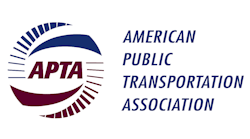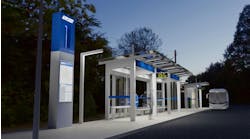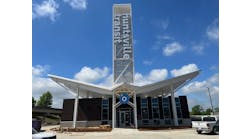This report examines the relationship of public transportation to shared modes, including bikesharing, carsharing, and ridesourcing services provided by companies such as Uber and Lyft. The research included participation by seven cities: Austin, Boston, Chicago, Los Angeles, San Francisco, Seattle and Washington, DC.
Some have predicted that, by creating a robust network of mobility options, these new modes will help reduce car ownership and increase use of public transit, which will continue to function as the backbone of an integrated, multimodal transportation system.
The objective of this research analysis, which is distilled from a larger forthcoming study on the same topic, is to examine these issues and explore opportunities and challenges for public transportation as they relate to technology-enabled mobility services, including suggesting ways that public transit can learn from, build upon, and interface with these new modes. To accomplish this task, the study draws from several sources, including in-depth interviews with transportation officials, a survey of shared mobility users, and analysis of transit and ridesourcing capacity and demand. Together, these elements provide a snapshot of a rapidly widening mobility ecosystem at an early moment in its evolution.
This study was conducted for the American Public Transportation Association (APTA) by the Shared-Use Mobility Center (SUMC), with funding provided through the Transit Cooperative Research Program (TCRP) Project J-11, Quick-Response Research on Long-Term Strategic Issues.




